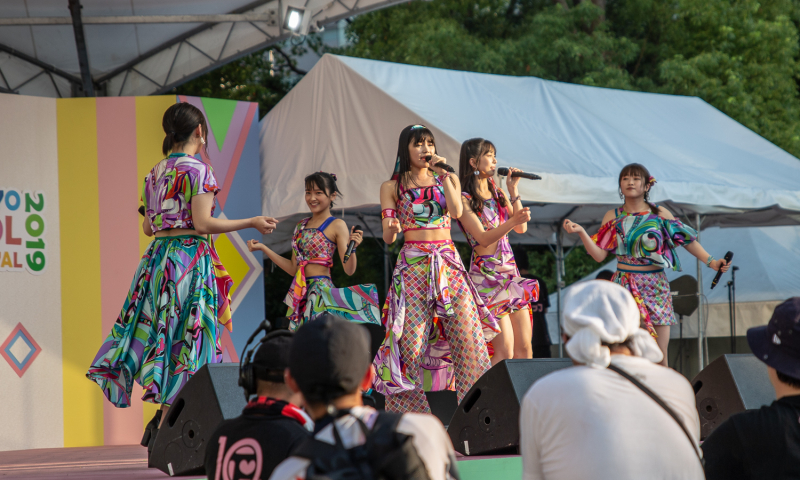
TIF 2019: Kobushi Factory Beats the Heat With Their Powerful Punch!

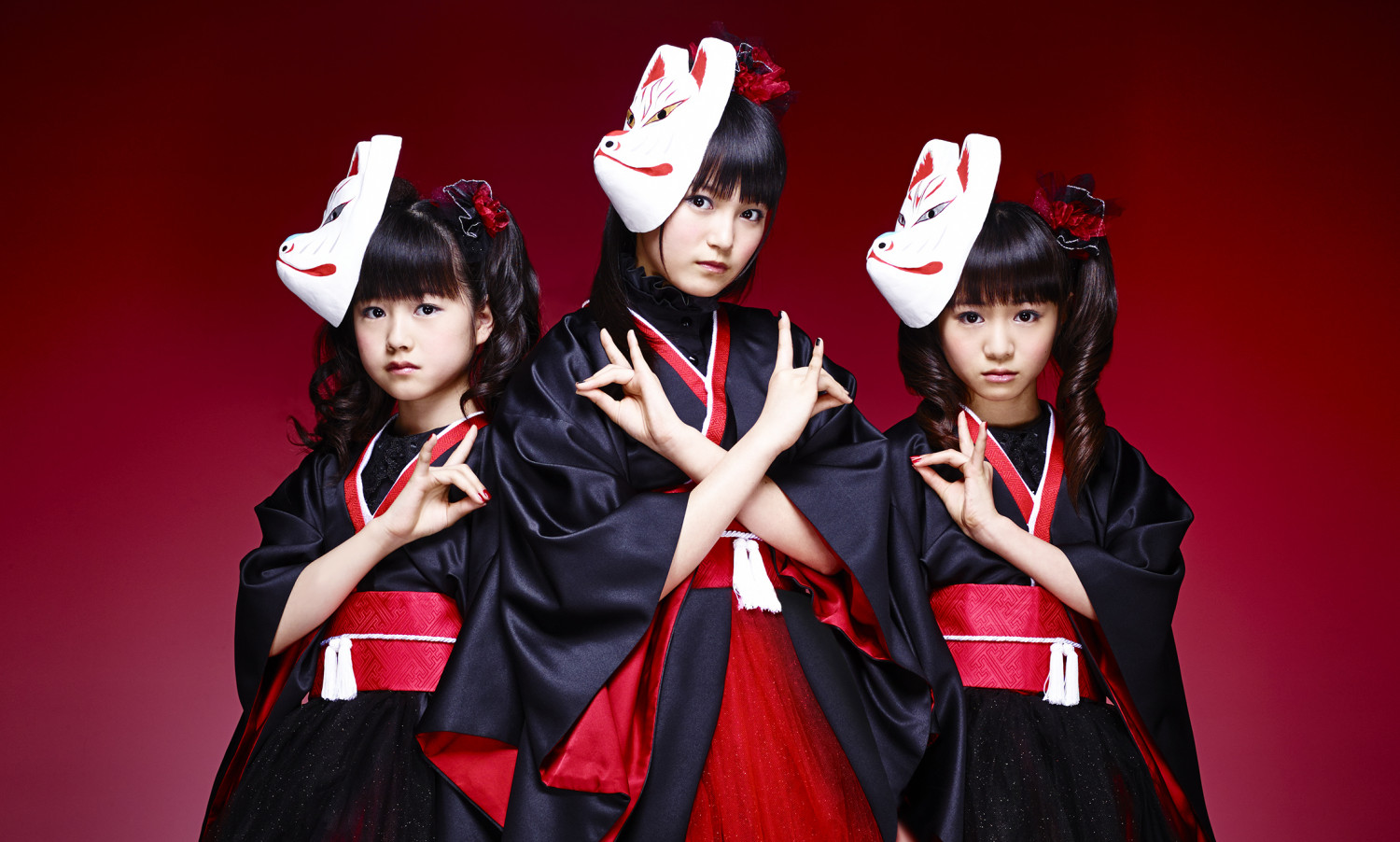
Sponsored Links
Superstars are often held to a high standard, appraised for their talents and sleek, polished appearances. In Japan though, that’s not always the case. It’s not at all uncommon to see young girls just starting out in the entertainment industry and hitting the stage and its bright lights before they’re even in their teens. The idea of youth and purity often manifests itself into a motif of the school girl, represented by costumes based on school uniforms and sentimental lyrics that echo the thoughts of adolescents.
In Japan, the concept of young idols is not unusual and looked upon with warm affection because fans are able to get to know them and watch them improve their skills over the years. Many begin as early as elementary school, with some continuing and growing into the spotlight as they gradually become adults.
This culture in Japan’s entertainment industry does not come without its controversies, usually regarding the ethics of appropriateness and the pressure young idols themselves have to face among a cut-throat business environment. However, it can be said that by this point Japanese idols have formed their own unique genre that has created an environment where young talents can flourish in. As it becomes increasingly pervasive, more children want to follow in the footsteps of the role models they see on the media and there begins a trend in the desire to become an idol themselves.
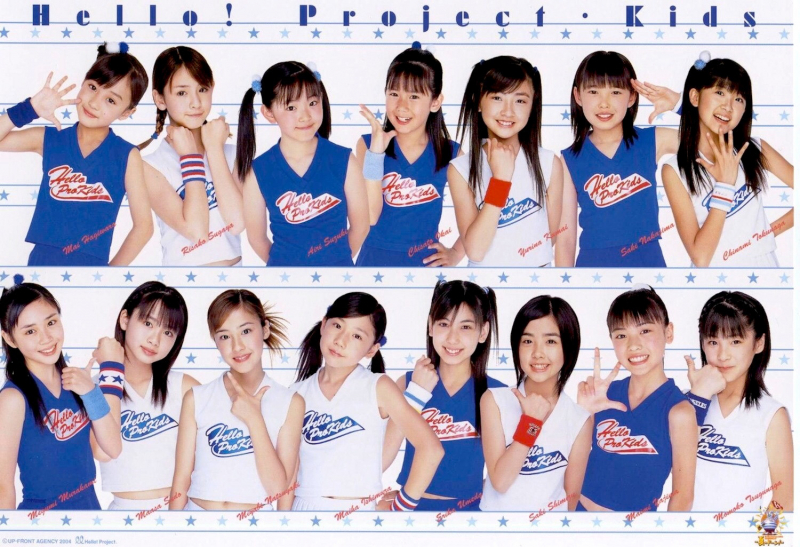
When Hello! Project announced auditions exclusively for elementary school back in 2002, almost 30,000 young girls applied and 15 were chosen to become members of “Hello! Project Kids”. The youngest, Mai Hagiwara, was only 6 years old when she entered the agency. The Kids eventually formed Berryz Kobo and °C-ute, which became highly successful groups under the Hello! Project umbrella.
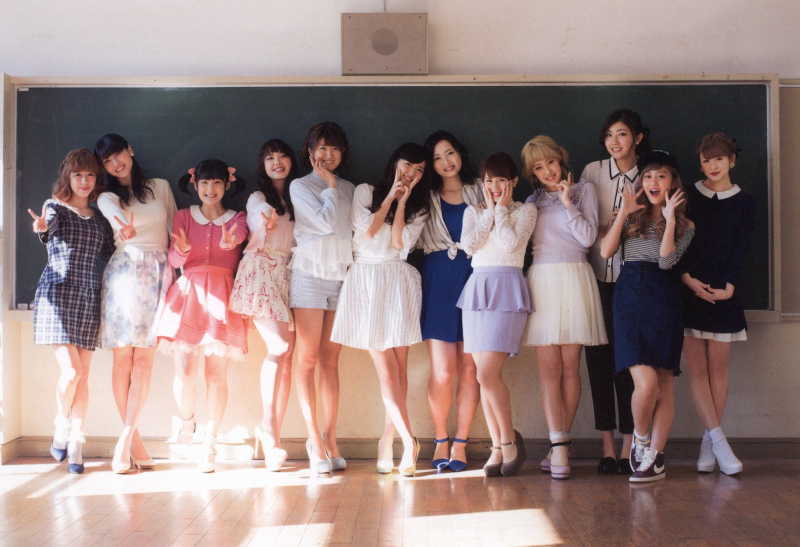
Both groups performed for at least ten years, before Berryz Kobo went on indefinite hiatus in 2015 and °C-ute announced their decision to disband in 2017. After watching them grow for over a decade, longtime fans could fully appreciate and reflect on their long journey together with the members themselves.
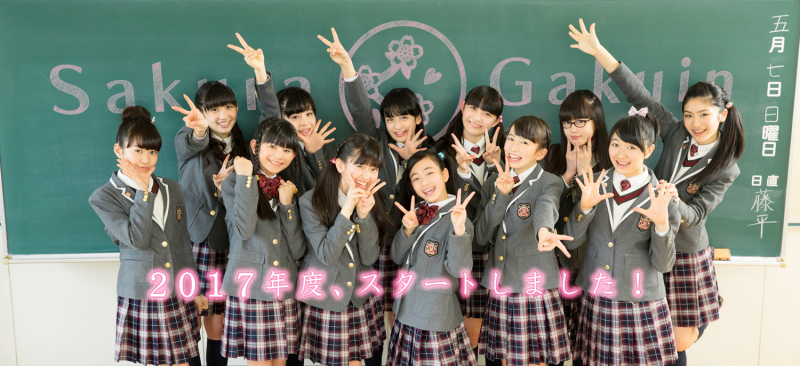
Sakura Gakuin is a group that primarily consists of girls of elementary to junior high school age — their entire group is based on a school concept, where members are portrayed as students complete with uniforms and afterschool clubs that function as units. Did you know that the worldwide phenomenon BABYMETAL originated from Sakura Gakuin? YUIMETAL, SU-METAL and MOAMETAL joined the “juon-bu” (heavy music) club back when they were still members of Sakura Gakuin. The group proved to be an unexpectedly formidable presence worldwide. The members’ young ages, combined with their exciting combination of heavy metal and J-Pop, were met with mixed but overwhelming responses by fans. Nonetheless they made an impact, bringing a strange, new energy to a genre typically dominated by older artists.
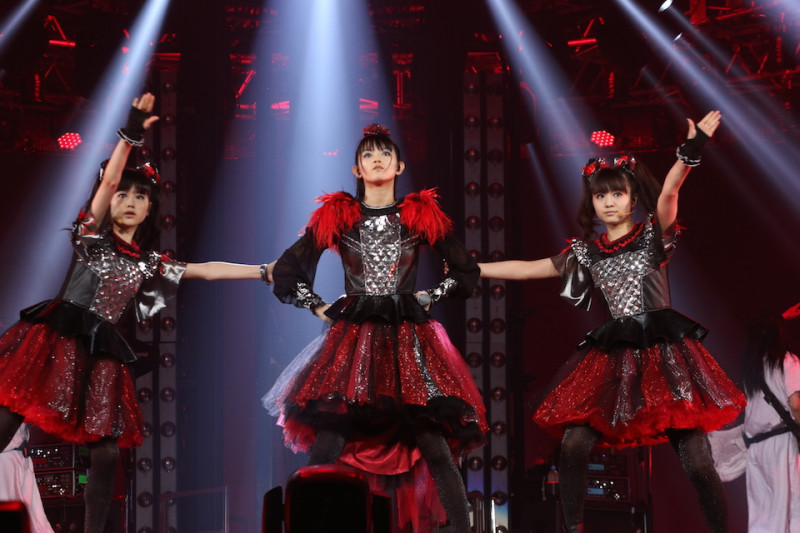
Such is the power of youth, a prized quality of many female idol groups that appeals to the masses. It’s arguably unique to Japan’s music industry, where innocence and cuteness is highly marketed by the producers. When it comes to idols, the focus is not so much on pre-packaged star quality as it is on that girl-next-door quality that the audience can empathize with. The girls start out as amateurs and leave fans with the satisfaction of having watched them mature into experienced professionals.
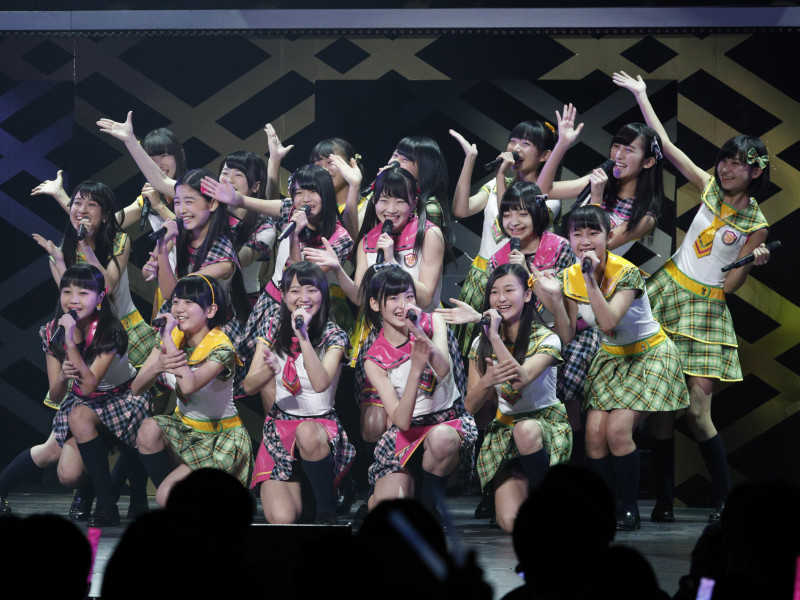
©AKS
The trainee system is a distinctive feature of the idol business, acting as a launch pad for many young talents. Many agencies recruit aspiring talents into their kenshuusei (Japanese for ‘trainee’) programs, where they groom them in singing and dancing for the opportunity to debut. Sometimes these girls can achieve remarkable popularity even before their debut, gaining a huge following of fans who begin to root for their success. AKB48 has long promoted its trainees alongside their main members, giving them their own theater performances and allowing them to participate in the annual General Elections.
To this day idol groups continue to push the boundaries in all directions, whether it’s musical style or their average age. Japan has never shied away from staying true to itself, and this particular culture of young idols is just another phenomenon that continues to intrigue those on the other side. Looking at the sheer force that teenage artists like BABYMETAL bring with their performances, it is inspiring to see how such fresh-faced performers crush the boundaries of age and make a name for themselves before they’ve even graduated from high school.
Sponsored Links

Believe it! Kobushi Factory Are Ninja Schoolgirls in the MV for “Eejanaika Ninjanaika”!
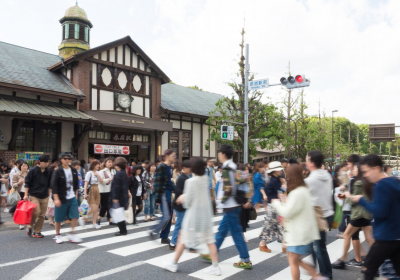
Rules of the Street: Japanese Road Customs That Might Surprise You



